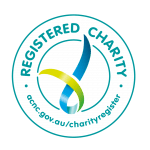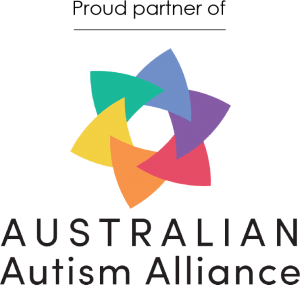Assessment and diagnosis is best conducted by clinicians with appropriate training and familiarity with autism. A paediatrician, psychiatrist, psychologist, speech pathologist and occupational therapist, or combinations of these clinicians, may be involved in the assessment and diagnosis of autism. The process should involve:
- Interviews with individuals who know the person from a variety of perspectives
- Observation of the person in a number of different settings, or inquiry regarding an adult’s characteristics across a variety of settings
- A history from the family, school and other relevant settings
- Evidence-based screening tools should be used during both natural and structured observations
The experience of seeking and gaining a diagnosis can vary from person to person. Diagnosis of autism is made on the basis of observed behaviour.
Seeking a diagnostic assessment in Tasmania
People seeking to secure NDIS funding should be aware of the NDIS operational guideline regarding best practice diagnosis. Specifically, ‘autism diagnosed by a specialist multi-disciplinary team, paediatrician, psychiatrist or clinical psychologist experienced in the assessment of Pervasive Developmental Disorders, and assessed using the current Diagnostic and Statistical Manual of Mental Disorders (DSM-V) diagnostic criteria’.
State fully funded multidisciplinary assessment services are provided by the Tasmanian Autism Diagnostic Service (TADS) (for children aged 0-18), and St Giles (for preschool-aged children only).
For more information and referral criteria follow the links to the service websites:
Both of these providers are currently experiencing significant waiting lists (up to 12 months). Should you have capacity to fund a private assessment you may wish to consider private diagnostic services.
The Raising Children Network provides a good summary of the general process of diagnosis and what to expect when seeking an assessment for your child.
Adults (and children, if there’s a preference not to wait for state funded services) are assessed for autism by either a psychologist or a psychiatrist. This may sometimes include other allied health professionals eg speech therapist or occupational therapist. Please contact us for details of psychologists, psychiatrists, speech pathologist and occupational therapists experienced in autism assessment.
Medicare
Children under the age of 13 may be eligible for Medicare rebates if referred by paediatrician or psychiatrist under the Access to Diagnosis plan. Allied health professionals must be registered for Medicare in order for a claim to be made. For details, see the Department of Health’s information page.
Older individuals may be able to access the Better Access to Mental Health Plan to assist with the cost of an assessment and/or therapy.
For more information and to discuss the most appropriate pathway for diagnostic assessment for you, contact Autism Tasmania.

 Autism Tasmania acknowledges the Australian Aboriginal people as the first inhabitants of the nation and the traditional custodians of the lands where we live, learn, and work.
Autism Tasmania acknowledges the Australian Aboriginal people as the first inhabitants of the nation and the traditional custodians of the lands where we live, learn, and work. 
